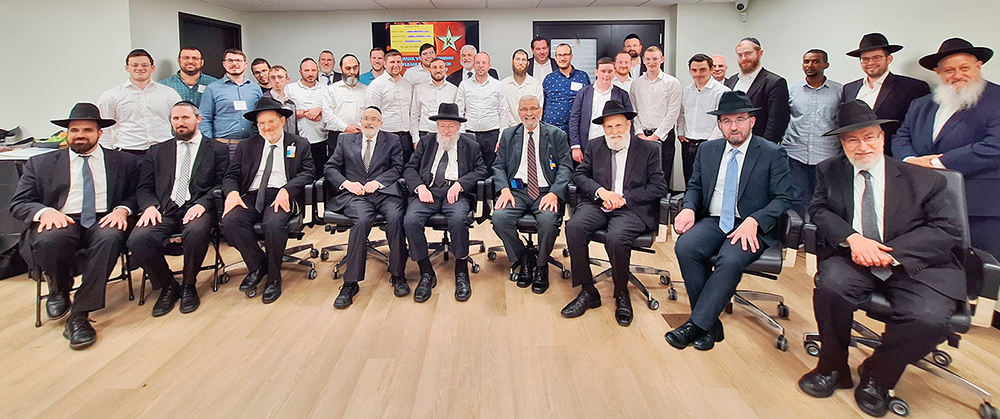
Rabbi Yehuda Grossman, of San Antonio, Texas, attended STAR-K Kosher Certification’s annual Food Service Kashrus Training Seminar, held in the agency’s Baltimore offices July 29-31, to gain more knowledge and confidence in the world of kashrus.
“It definitely taught me a lot of know-how, but more importantly it teaches what not to do,” said Rabbi Grossman, a Rabbi Aryeh Scheinberg Community Kollel yungerman. “I especially enjoyed the Q&A session during which Rav Heinemann answered pertinent questions, as well as hearing from experts in the field—straight from the source as opposed to all the hearsay and confusion about different very controversial kashrus areas.”
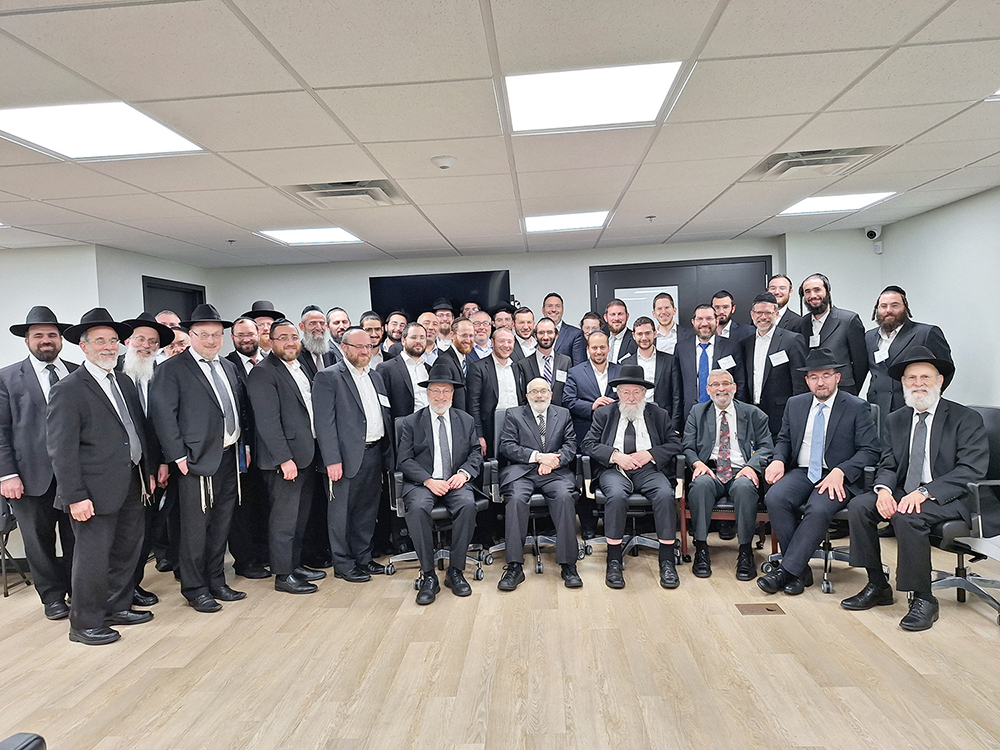
As the wife of a wholesale food distribution business owner whom many people count on regarding kashrus, Julie Goodwin was motivated to travel cross-country from San Diego to join the Food Service Kashrus Training Seminar. “I was very honored to learn so many of the kashrus updates; STAR-K has the highest standards,” shared Mrs. Goodwin. “I now have a lot of clarification and empowerment; I’ve gotten a lot of chizuk from all of this training.”
This seminar, which was coordinated by STAR-K Kashrus Administrator Sholom Tendler, was also attended by those from even farther away—the Philippines, England and Australia.
STAR-K’s popular back-to-back annual Kashrus Training Program, held August 5-8 in Baltimore, was attended by an equally diverse group of participants. Among them, Rabbi Menachem Tendler, rav of Sha’arei Chesed Shul in St. Louis, Missouri.
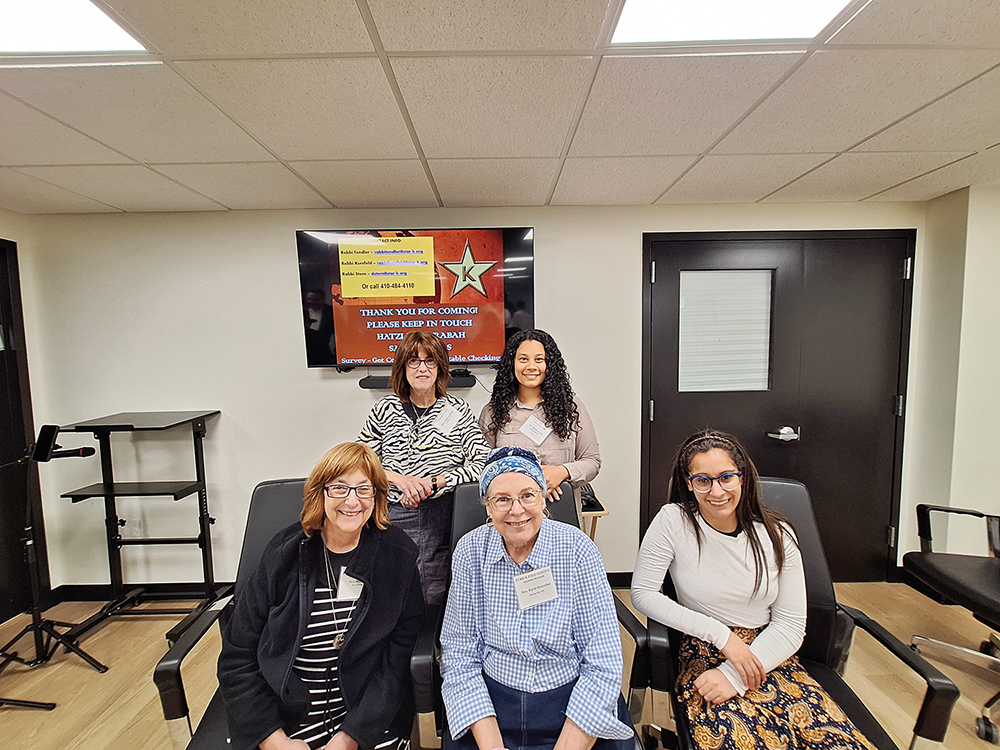
“I attended the seminar to receive firsthand information of the challenges in the world of commercial kitchens,” said Rabbi Tendler. “We will be instituting policies and bringing equipment into our shul kitchen to prevent shailos from even starting. I specifically appreciated the hands-on tour of the Marriott hotel and witnessing the years of experience being shared.”
Rabbi Pinchas Gross, rav of Kehillas Derech Chaim in Baltimore, attended the training program mainly because his newly built shul will have a social hall and kitchen—a first for the shul.
“I really enjoyed the program,” remarked Rabbi Gross. “I wanted to be up to date on the current kashrus challenges and concerns. I was very impressed with the knowledge, ehrlichkeit and dedication of the STAR-K staff.”
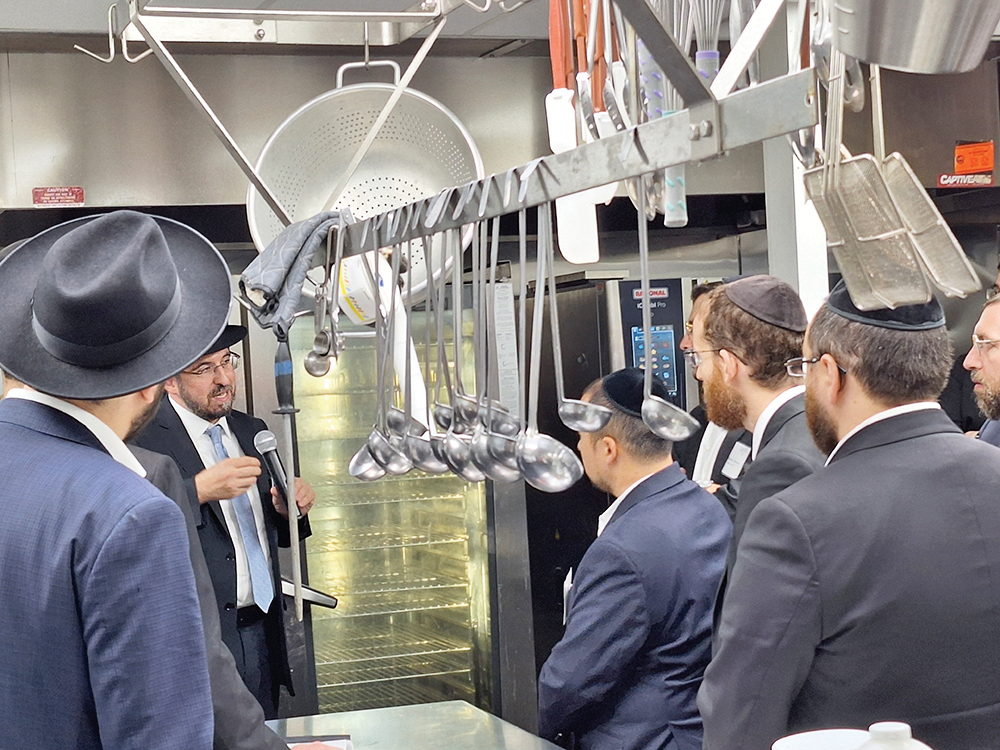
Rabbi Yaakov Lederman, the rav of Congregation Anshe Sfard in Louisville, Kentucky, will be putting the practical knowledge and policymaking skills he gained into immediate actuality as the newly appointed rav hamachshir of the Louisville Vaad HaKashruth.
“It was incredible that everyone at STAR-K was so welcoming and helpful,” remarked Rabbi Lederman. “It’s reassuring that I have numbers to call whenever I need advice and for questions that arise.”
Rabbi Moshe Harari-Raful is a rav of Keter Torah, as well as an eighth-grade rebbe in Ateret Torah in Brooklyn.
“I wanted to get a feel for how kashrus is run, a hands-on, behind-the-scenes experience that I could share with my students,” explained Rabbi Harari-Raful. “By going on tours—and experiencing factories, shechita, a mikvah and the eruv—I gained so much from seeing things that I learned about in Gemara and how they are applied practically.”
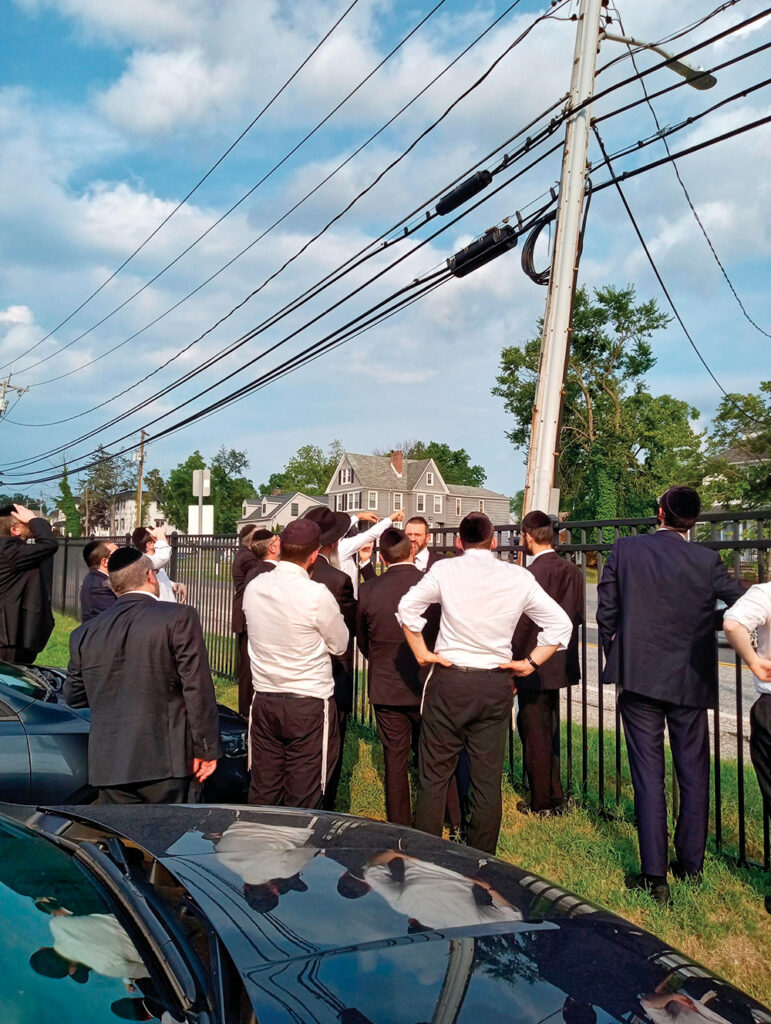
Participants of both seminars were addressed by STAR-K Kashrus administrative staff members about such topics as food service challenges and major kashrus differences between Ashkenazim and Sefardim. They also benefited from a hands-on vegetable checking practicum and behind-the-scenes tours of local kosher food establishments, a kosher supermarket, a kosher wedding hall and kitchen tours of Doubletree by Hilton and Marriott Owings Mills Metro Centre. Another highlight of these programs was the concluding “Ask the Rav” session, where the participants’ kashrus queries were answered by HaRav Moshe Heinemann.
As Rabbi Grossman summed it up, “I felt the power of a hierarchy and the power of an organization that has clear delineation of responsibility and delegation of jobs, where people are respectful and humble and know how to work together is something we can learn from. This has been a highly empowering experience.”
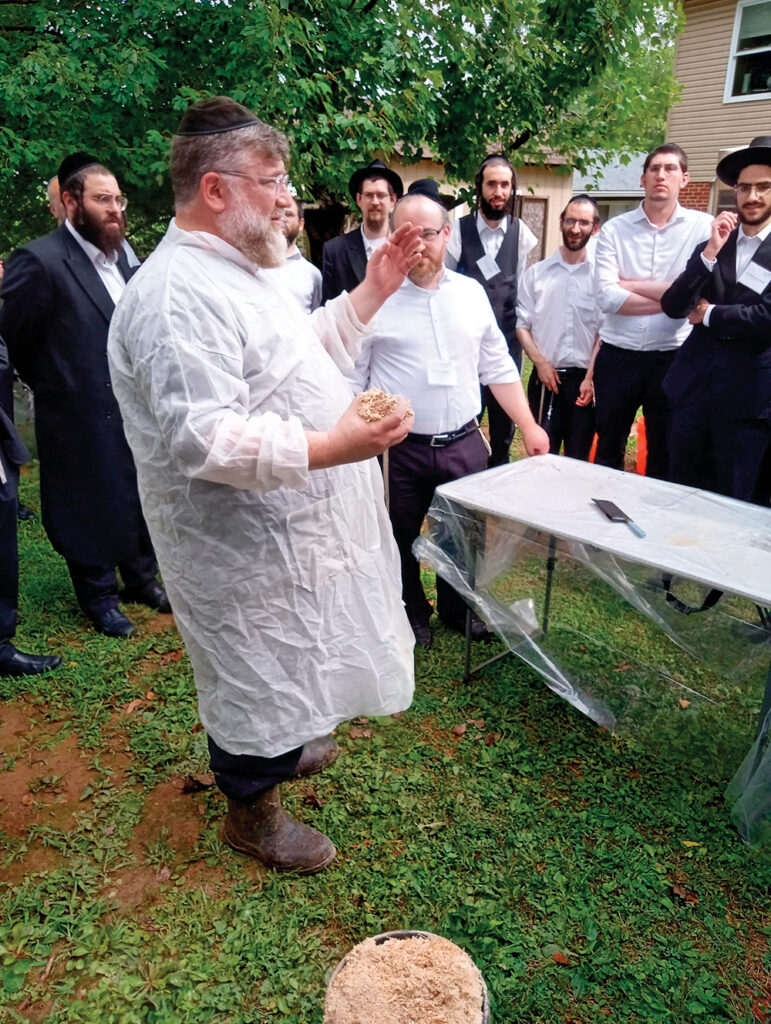
“Baruch Hashem we are able to continue giving back to the tzibur and train another group,” concluded STAR-K Kashrus Administrator Rabbi Zvi Goldberg, coordinator of the Kashrus Training Program. “We have been doing this for more than 20 years and it is literally another generation. This is the first time we hosted someone whose father participated 20 years ago. With Hashem’s help we will continue another generation.”









